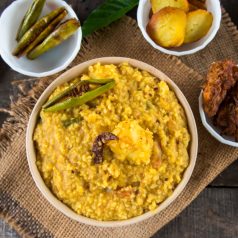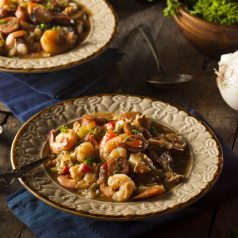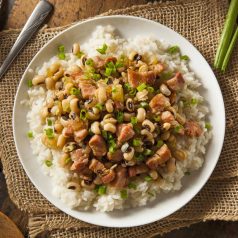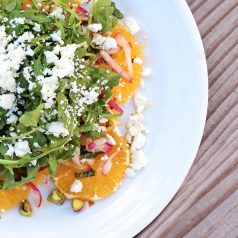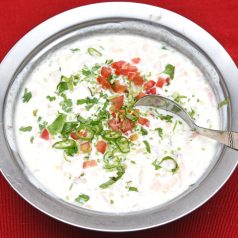
Cucumber Raita
Cucumber raita is a popular side dish in Indian cuisine, made with yogurt, cucumber, herbs, and spices. Usually served alongside boldly spiced curries, it helps cool and cleanse the palette in between bites. Our Weekly Sale from January 12th – 18th celebrates the culinary traditions of Makar Sankranti, which is a Hindu observance and festival celebrated on January 15th this year. Makar Sankranti marks the transition of the Sun from the zodiac of Sagittarius (dhanu) to Capricorn (makara). Since the Sun is regarded to have moved from the southern hemisphere to the northern hemisphere on this day in the Hindu calendar, the festival is dedicated to the solar deity, Surya, and is observed to mark a new beginning. Makar Sankranti is observed across India with festivals, fairs, ceremonial swims in sacred waters, dances, kite flying, bonfires, and feasts of traditional Indian fare such as this raita, which pairs nicely with the khichdi recipe that you’ll also find on our blog and at the Weekly Sale display!

